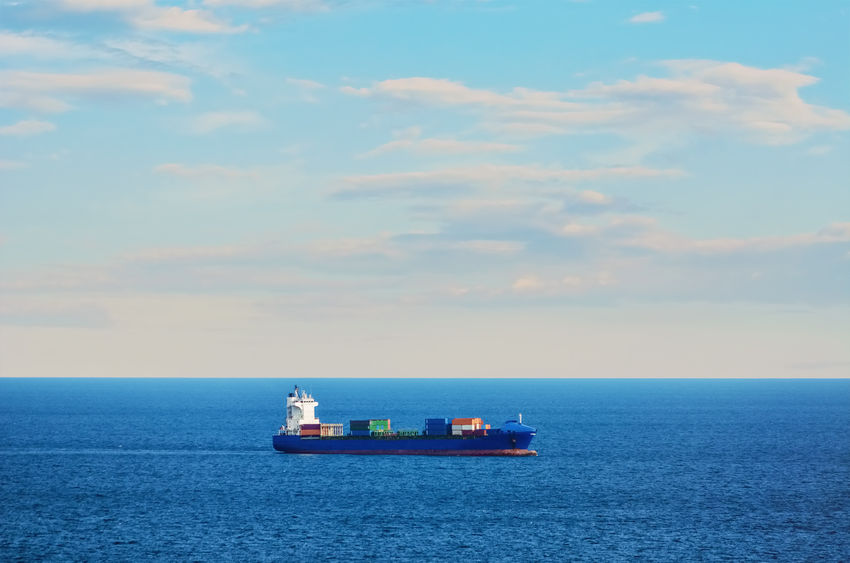
A lorry transporting a large number of cattle set to sail overseas was stopped by officials to ensure that the animals rest before continuing their journey.
The lorry, which was transporting 247 calves, was turned away from embarking on a delayed ship at Ramsgate Port on Thursday 10 January.
Government officials stepped in to ensure the animals were taken to a lairage to rest to avoid exceeding the legal maximum transport time.
Calf exports have recently resumed through Kent to the continent for the first time in five and a half years, with journeys beginning in Scotland destined for Spain.
Current law states that calves must not be transported for more than nine hours without an hour rest period, and not longer than 21 hours before a 24 hour rest.
The lorry had arrived at the Port of Ramsgate, but because the ship it was destined to embark on was delayed, making the animals’ travel time exceed the legal limit, officials prevented the lorry from continuing the journey, and it was directed to a nearby lairage for the calves to rest.
The RSPCA is using the incident to call for a ban on the long distance live export of animals.
John Avizienius, ruminant welfare specialist at the RSPCA, said: “Until the long-distance live transport of animals is banned completely, we can never be sure that animals will not continue to suffer on these long, arduous journeys across the continent.
“Currently, sheep, calves, chickens and horses are all exported from the UK, and once they’re off the ship on the continent, we aren’t there to protect them and don’t know how long they’ll be transported.”
But farmers have criticised proposals to ban live exports, with the Farmers' Union of Wales (FUW) saying such a ban could cut off an “essential lifeline” for sheep farmers.
'Short sighted'
FUW President Glyn Roberts said the FUW's current position is that it would be “short sighted” to introduce a ban on live exports, as tariffs on meat exports to the EU might be introduced.
Mr Roberts said: “Given tariffs of around 50% of product value could apply on meat once we leave the EU, this would collapse the trade in sheepmeat exports, which currently represents around a third of Welsh lamb sales.”
“We fully appreciate people’s concerns about live exports, but we must bear in mind that the EU has legal welfare standards which are the highest in the world, and these apply both here and on mainland Europe,” he added.
'Disadvantage'
Mr Roberts’ comments echo those of the Scottish Government, who also oppose a live export ban.
Responding to a similar proposal last year, Scotland's Rural Economy Secretary Fergus Ewing said: “Let me be absolutely clear, this is one UK-wide framework the Scottish government will not be participating in.
“I will not support anything that creates further challenges or difficulty for our farming sector or puts Scottish agriculture at a disadvantage.”
“The Scottish government will therefore not support the banning of live exports of livestock, but will remain committed to the welfare of all animals during transport adhering to the current rigorous standards which apply - standards and regulations provided by the EU, that are already world class and protect us all through animal, plant and chemical health measures and enabling our produce to be traded around the world.”
